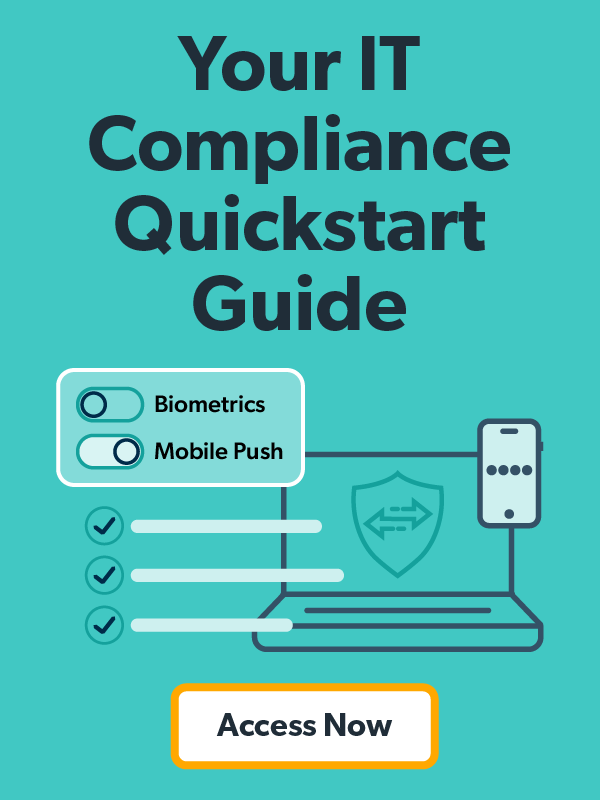You’ve decided to get ISO 9001 certified. Great! But now you’re wondering, “how long will this take, and how much will it cost?”
The answer isn’t a simple number. Your ISO 9001 timeline and budget depend heavily on your company’s unique situation—your current processes, team size, and how much work you need to do upfront.
This guide breaks down the key factors that influence both time and money for ISO 9001 certification. We’ll give you realistic expectations so you can plan effectively and avoid surprises along the way.
The Time Commitment: A Phased Approach
Most companies complete ISO 9001 certification in 3 to 12 months. The wide range reflects real differences in company complexity, existing systems, and internal resources.
Here’s how the process typically unfolds:
Phase 1: Preparation & Planning (1-3 months)
This phase sets your foundation. You can’t skip it, and rushing through it will cost you later.
Conducting a gap analysis is your critical first step. This compares your current processes to the ISO 9001 standard requirements. You’ll identify what’s missing, what needs improvement, and what you’re already doing right.
Next, develop a project plan and assign internal resources. Designate a project manager and form a quality team. These people will drive your certification forward and maintain your quality management system long-term.
Key factors affecting time: Companies with existing quality procedures move faster. Organizations with complex operations or multiple locations need more planning time.
Phase 2: Implementation (3-6+ months)
This is where the real work happens. You’ll create or update your Quality Management System (QMS) documentation to meet ISO 9001 requirements.
Your tasks include:
- Writing or revising procedures and work instructions
- Training employees on new processes
- Collecting data and evidence that your QMS is working
- Running internal tests to verify compliance
Company size and complexity significantly impact this phase. A 50-person manufacturing company might finish in 3-4 months. A multi-site service organization could need 6-8 months or longer.
Pro tip: Start with an internal team rather than doing everything through consultants. Your employees know your processes best and will need to maintain the system after certification.
Phase 3: The Audit (1-3 months)
The final phase involves both internal and external audits.
- Internal Audit: Your team performs a self-assessment to find and fix any issues before the official ISO 9001 audit. This typically takes 2-4 weeks, depending on findings.
- External Audit (Stage 1 & 2): An accredited certification body conducts this two-stage process. Stage 1 is a document review that happens at their office or remotely. Stage 2 is the on-site operational audit where they verify your QMS is working in practice.
- Allow 4-8 weeks between Stage 1 and Stage 2 to address any findings. If you pass Stage 2, you’ll receive your certificate within 2-3 weeks.
- Total timeline recap: From project kickoff to certificate in hand, expect 6-12 months for most organizations. Simple operations might finish in 4-6 months. Complex, multi-site companies often need 12-18 months.
The Cost: A Breakdown of the Budget
ISO 9001 certification cost typically ranges from $5,000 to $25,000+ for the complete project. This wide range reflects company size, complexity, and implementation approach.
Here’s where your money goes:
Cost Component 1: Consulting Fees
Many companies hire consultants to guide their certification journey. Consulting fees range from $2,000 to $15,000+, depending on:
- Consultant expertise and reputation
- Level of support needed (full implementation vs. guidance only)
- Company size and complexity
Budget tip: Get multiple quotes from certification consultants. Compare not just price, but the specific deliverables and ongoing support included.
Cost Component 2: Internal Costs
Employee time represents your largest, and often overlooked, expense. Plan for:
- Project manager: 10-20 hours per week for 6-12 months
- Quality team members: 5-10 hours per week each
- General employee training: 2-4 hours per employee
Additional internal costs include training materials, software licenses, and procedure development time. Budget $3,000 to $10,000 for these expenses, depending on company size.
Cost Component 3: Certification Body Fees
The external ISO 9001 audit and certificate cost $2,000 to $8,000. Certification bodies charge daily rates based on:
- Company size (number of employees)
- Business complexity and risk level
- Audit duration (typically 1-5 days for Stage 2)
Shopping tip: Compare quotes from at least three accredited certification bodies. Verify their accreditation status and industry expertise.
Ongoing Costs
Maintaining your certificate requires:
- Annual surveillance audits: $1,000 to $3,000 per year
- Full recertification audit every three years: $2,000 to $6,000
- Internal maintenance and improvement activities
Factor these recurring costs into your long-term budget planning.
Is the Investment Worth It?
ISO 9001 certification isn’t just an expense. It’s a strategic investment in your business.
The timeline of 6-12 months and cost of $5,000 to $25,000 delivers measurable ISO 9001 benefits:
- Competitive advantage in bidding and contracts
- Improved operational efficiency and reduced waste
- Enhanced customer confidence and market access
- Better risk management and process control
View ISO 9001 certification not as a compliance burden, but as a framework for continuous improvement. The discipline of maintaining your quality management system creates long-term value that far exceeds the initial investment.






